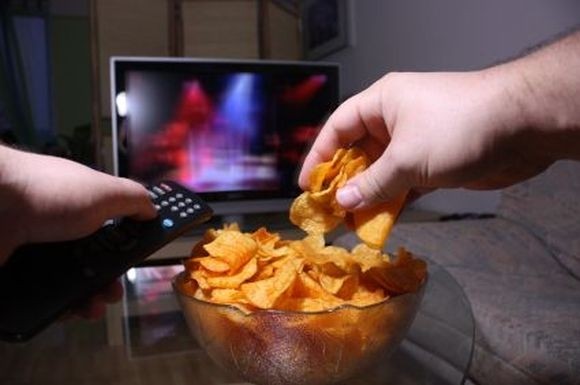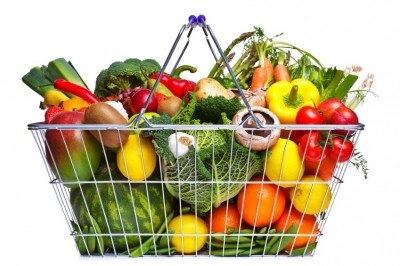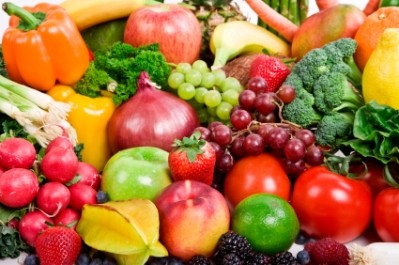Americans’ eating habits worst since 2008; ‘systemic change’ needed, RD says

But this “worsening American diet” headline has been essentially the same for the past three years, said Andy Bellatti, MS, RD, noting previous Gallup/Healthways results.
“What it really comes down to is, in order to see positive results of eating habits changing for better we need to employ systemic environmental changes,” he told FoodNavigator-USA. “When you have an agricultural policy in place that makes unhealthy foods ubiquitous and affordable, it’s hard to see large-scale change. It’s one of those things where in terms of the messaging, education can certainly be effective, but to really make an impact we need to build a food environment where that education can manifest.”
A perfect example? The FDA’s recent crackdown on trans fats, he said.
“You can educate consumers as much as you like, but often the best solution is to get bad foods out of the food supply. That’s why policy, food laws and systemic change are so key for the overall health of Americans.”
Fruit and vegetable consumption down in nearly all of 2013
For the poll, Gallup and Healthways ask at least 500 Americans each day about their eating habits as part of the Gallup-Healthways Well-Being Index.
Healthy eating is down for all months in 2013 when compared with 2012. Additionally, the percentage of Americans who report eating five or more servings of fruits and vegetables at least four times a week has dropped in eight out of 10 months so far in 2013.
Healthy eating generally follows a seasonal pattern, gradually declining in the spring, ticking up in the late summer months, and then falling steeply in November and December. The increase between December 2012 and January 2013 was 1.9 percentage points, which is lower than the typical New Year’s uptick. Moreover, May and June 2013 saw steeper-than-usual declines, with healthy eating in June, July, August, and September declining by at least three percentage points from the same months in 2012.
In line with these results, Gallup and Healthways reported last month that the adult obesity rate so far in 2013 is 27.2%, (up from 26.2% in 2012), and is on pace to surpass all annual average obesity rates since 2008.
The solution is not in baked chips or cookies made with agave instead of sugar
Bellatti noted that these numbers relate to a growing need to focus on more affordable and accessible produce, rather than innovations in the packaged food industry.
“A lot of these numbers come back to produce consumption, which goes to show that healthy eating is not about Baked Lays or cookies made with agave instead of sugar or coming up with a new artificial sweetener for diet soda,” he said. “The food industry would love for us to think that, but it is really about eating more whole foods, which means we need better access and affordability for whole, fresh foods.”
The impetus for change has to come from organizations aligned with those goals, he added.
“We have to keep in mind that the food industry is in the business of selling products,” he said.
“I don’t fault them for that, but when we truly think about getting Americans to eat healthier, it’s going to require partnerships between organizations, corporations, institutions—whoever it may be—that have the same goal. It doesn’t make sense to rely on a company that makes billions on soft drinks to be a partner, because that’s not their purpose. The real hard thinking with this problem of Americans’ worsening diets isn’t why, but how do we start solving this?”











